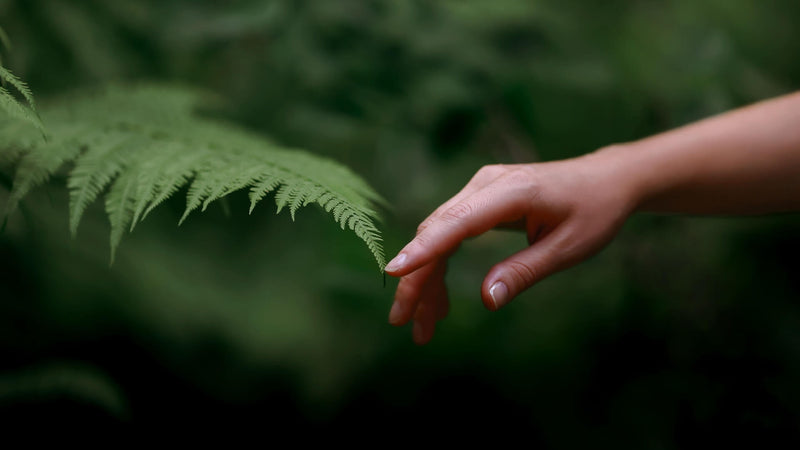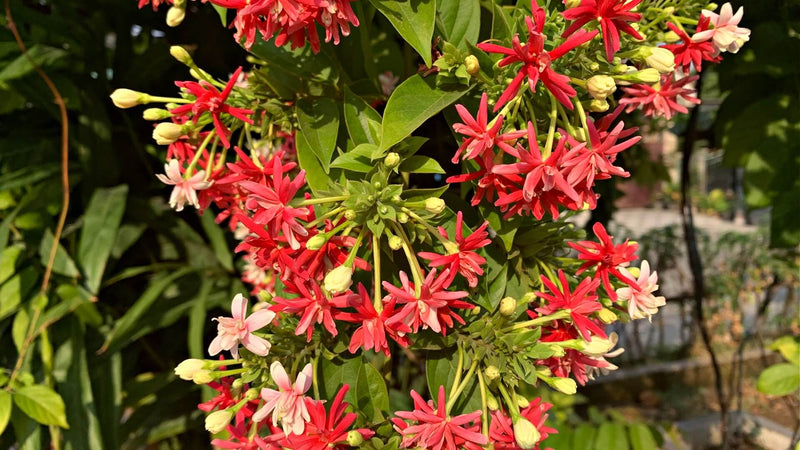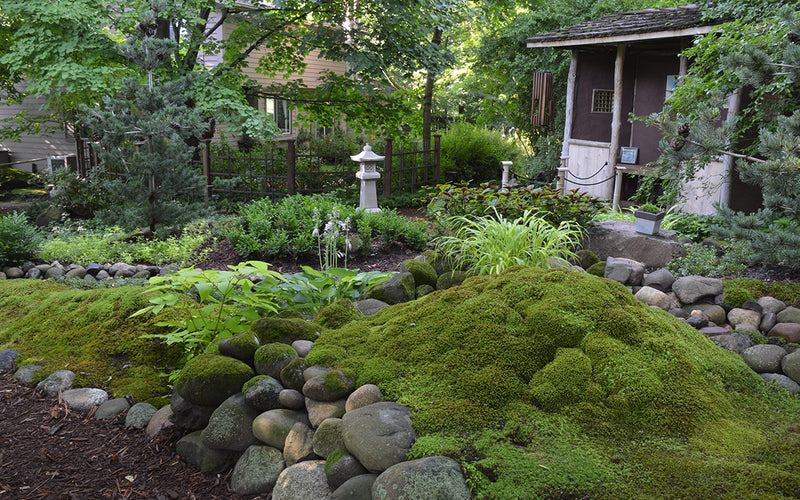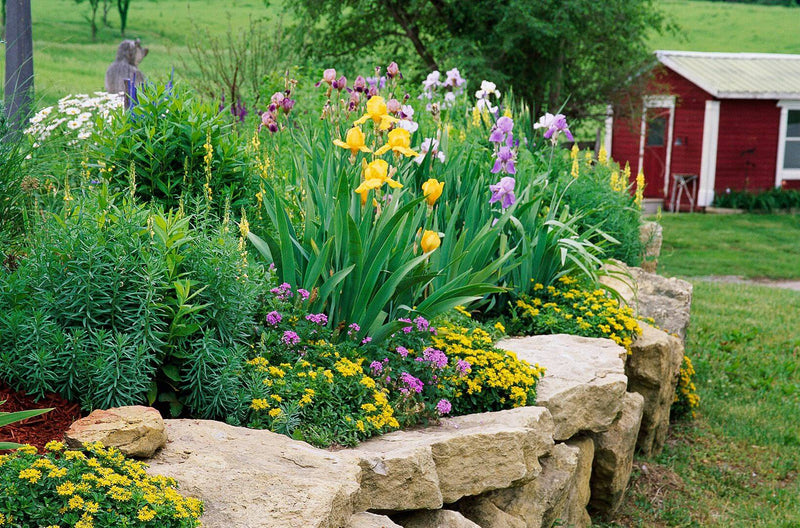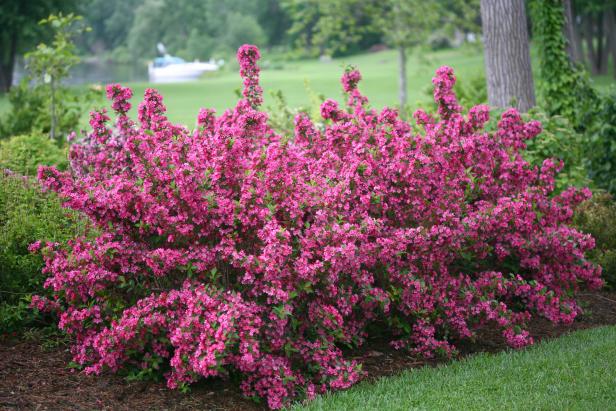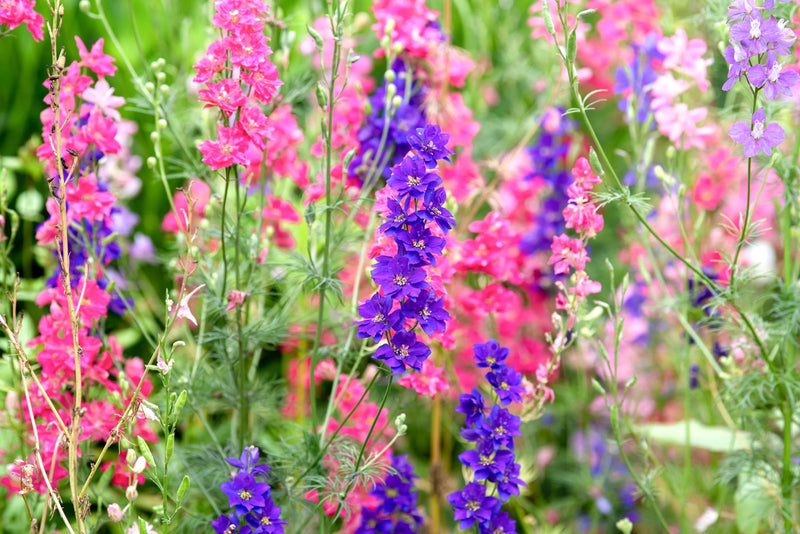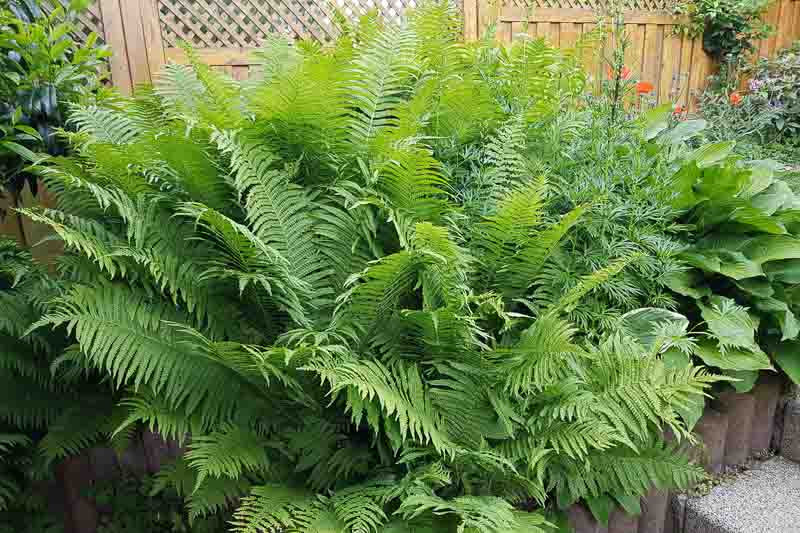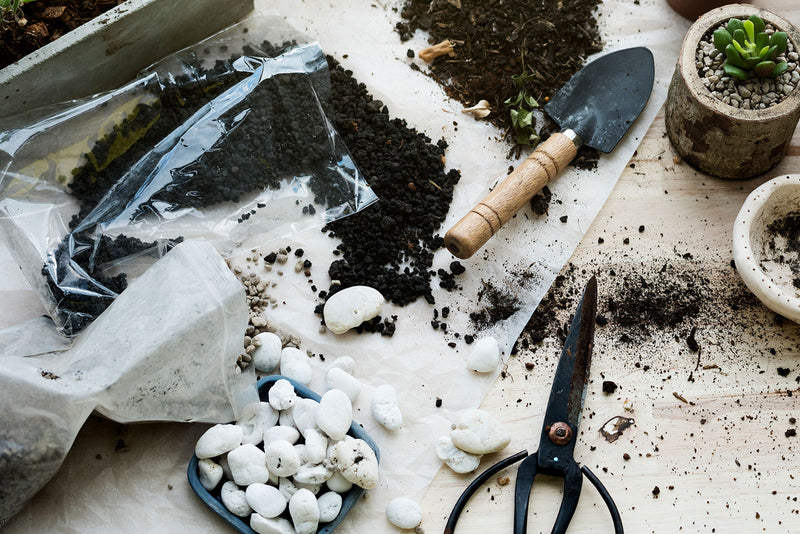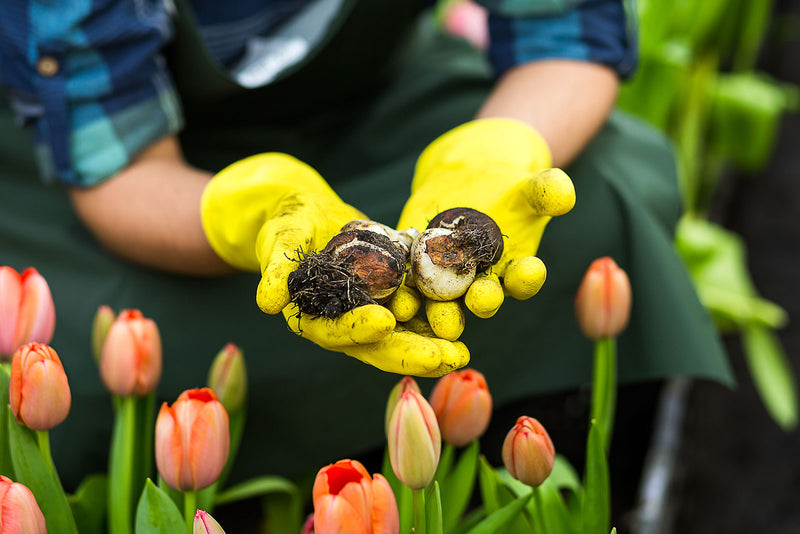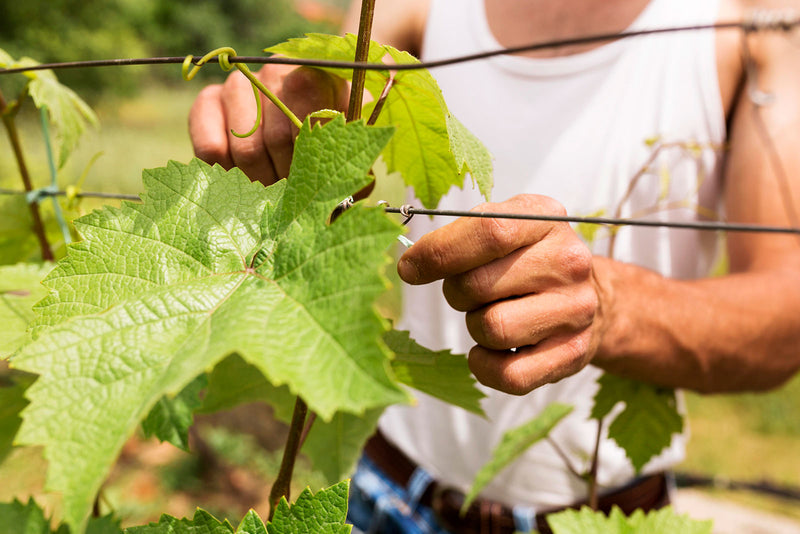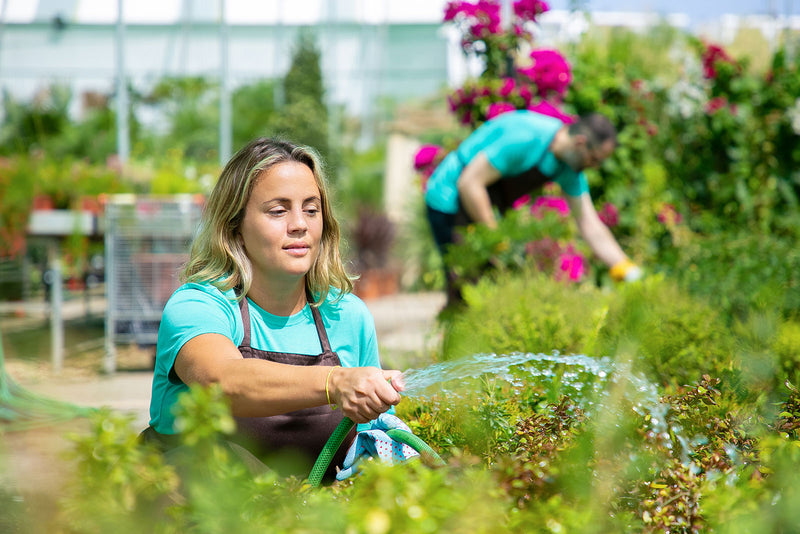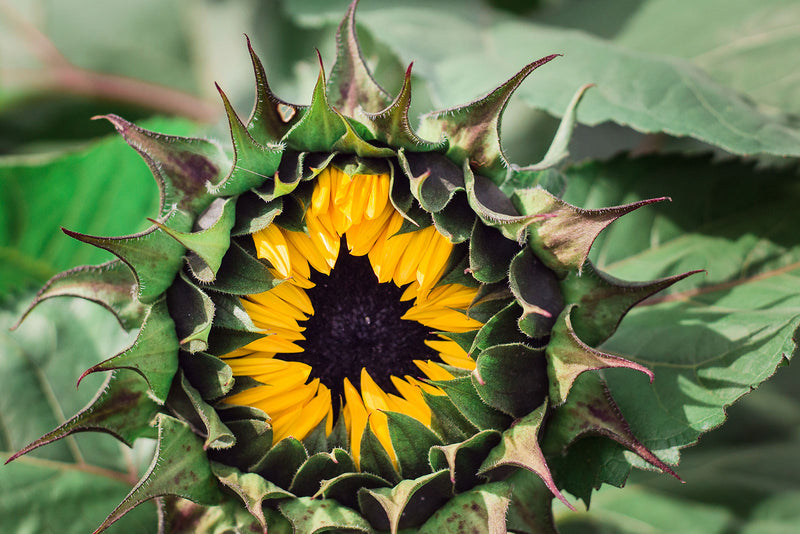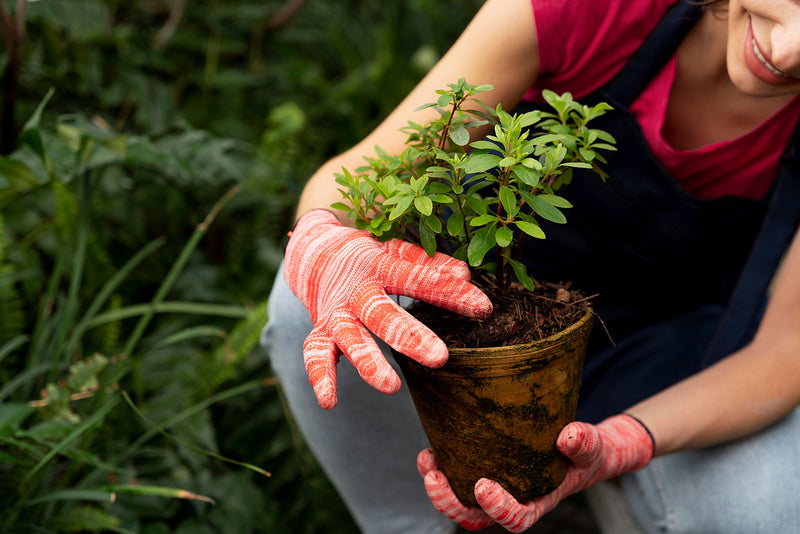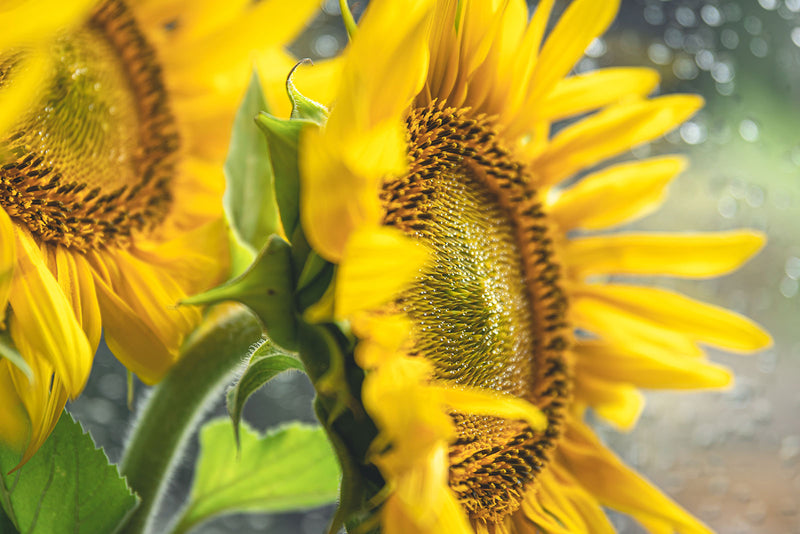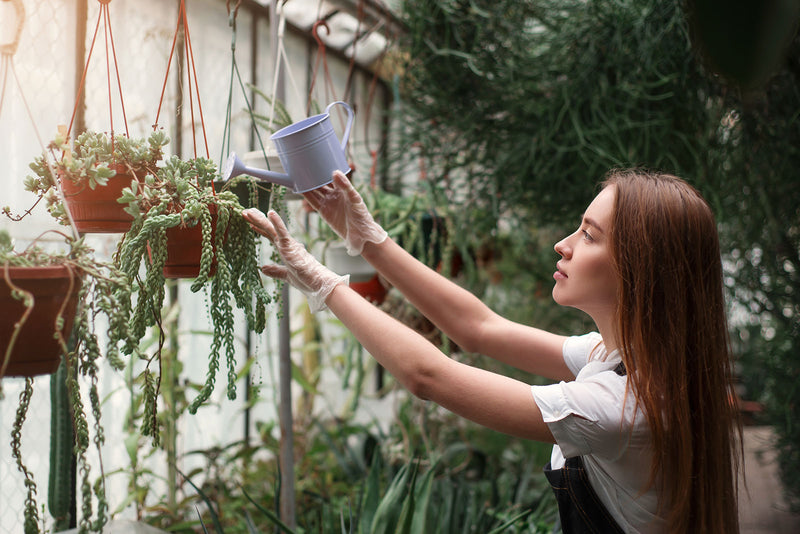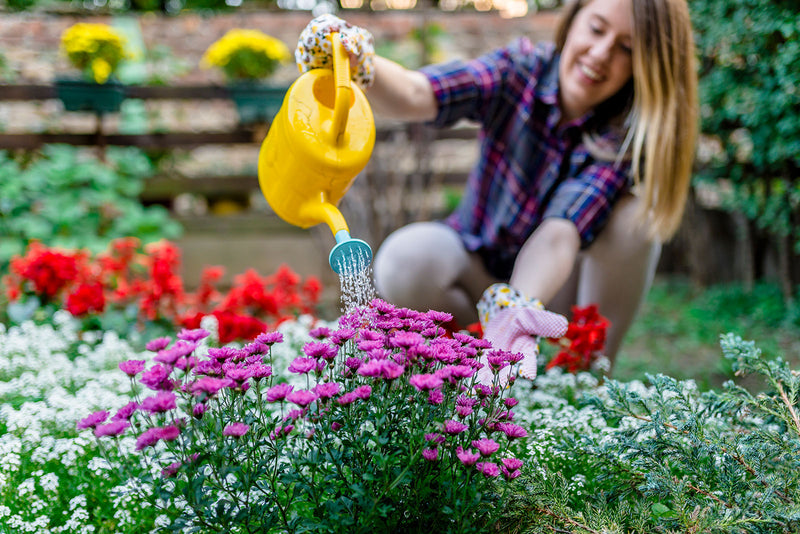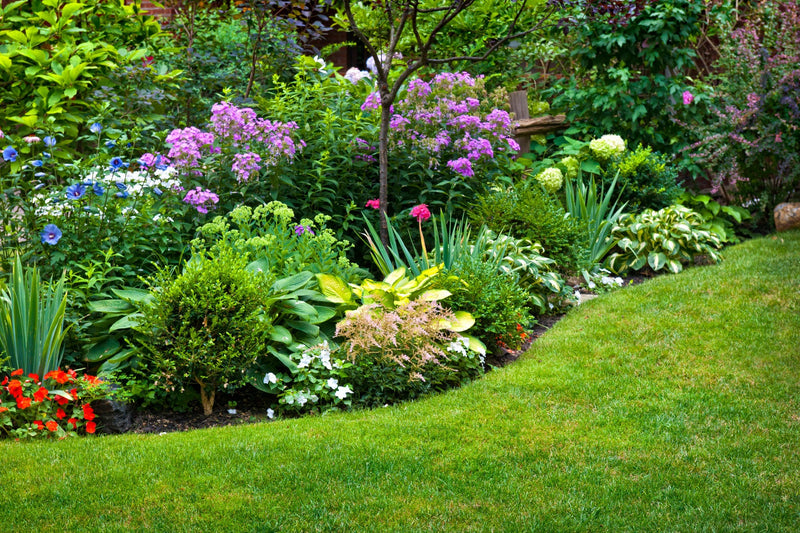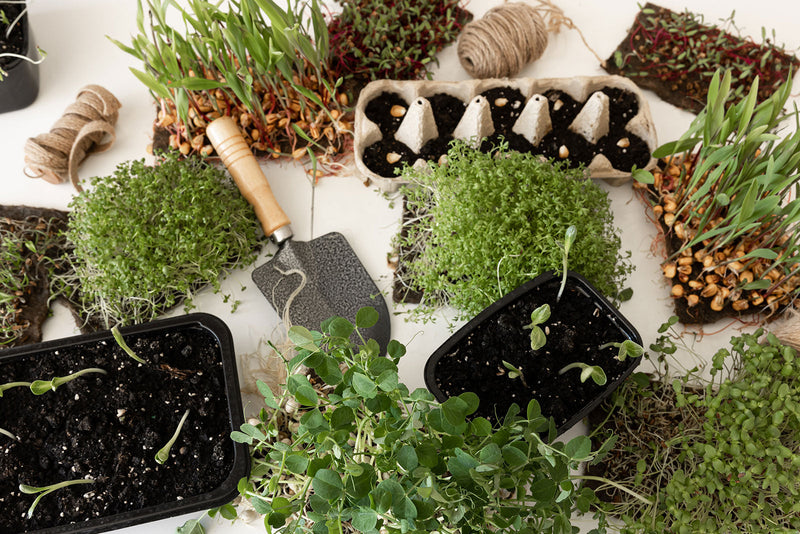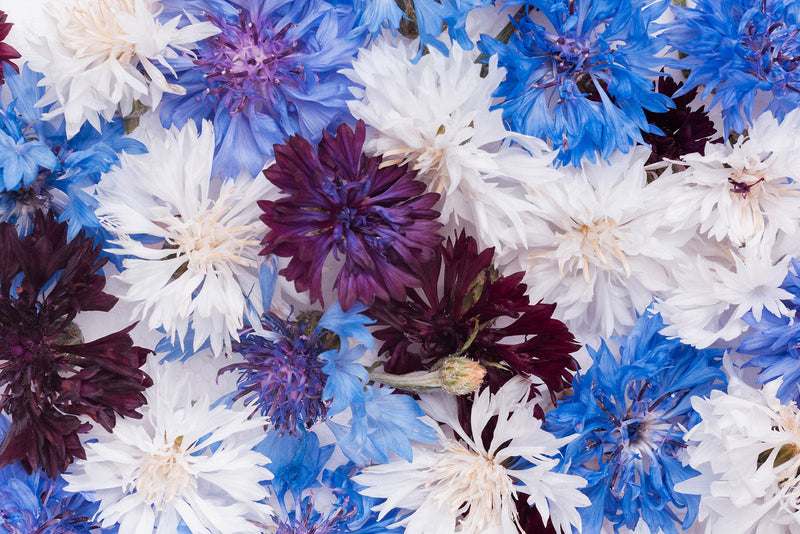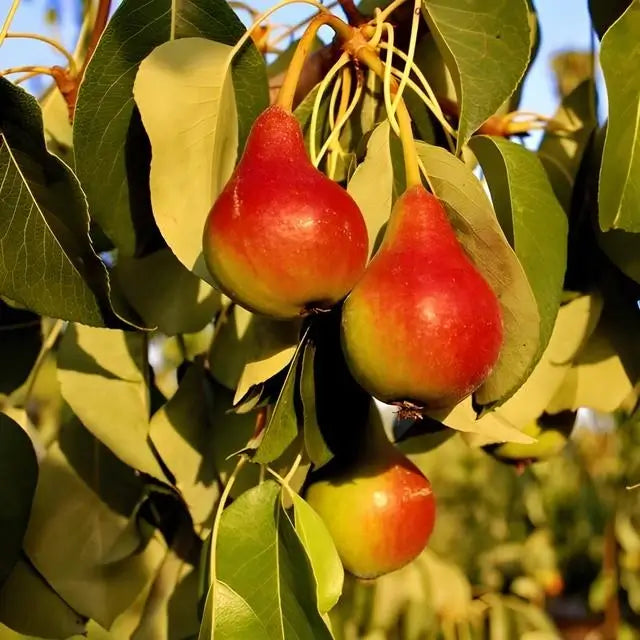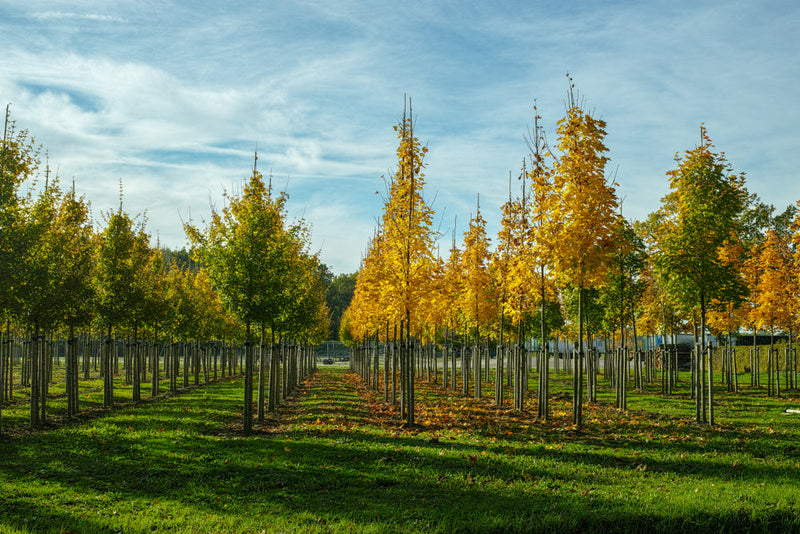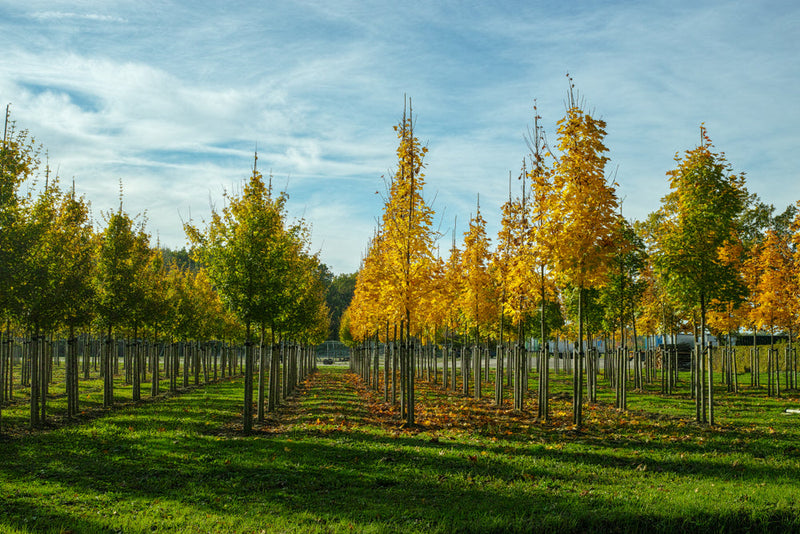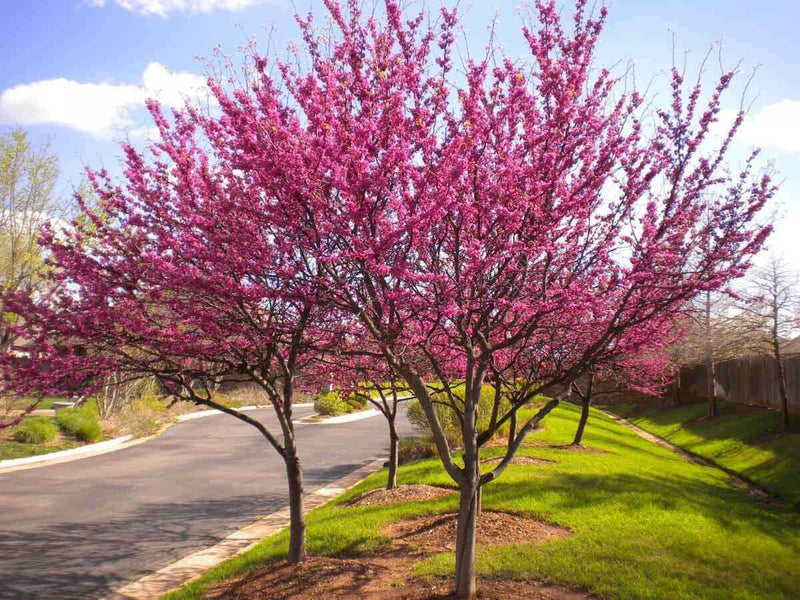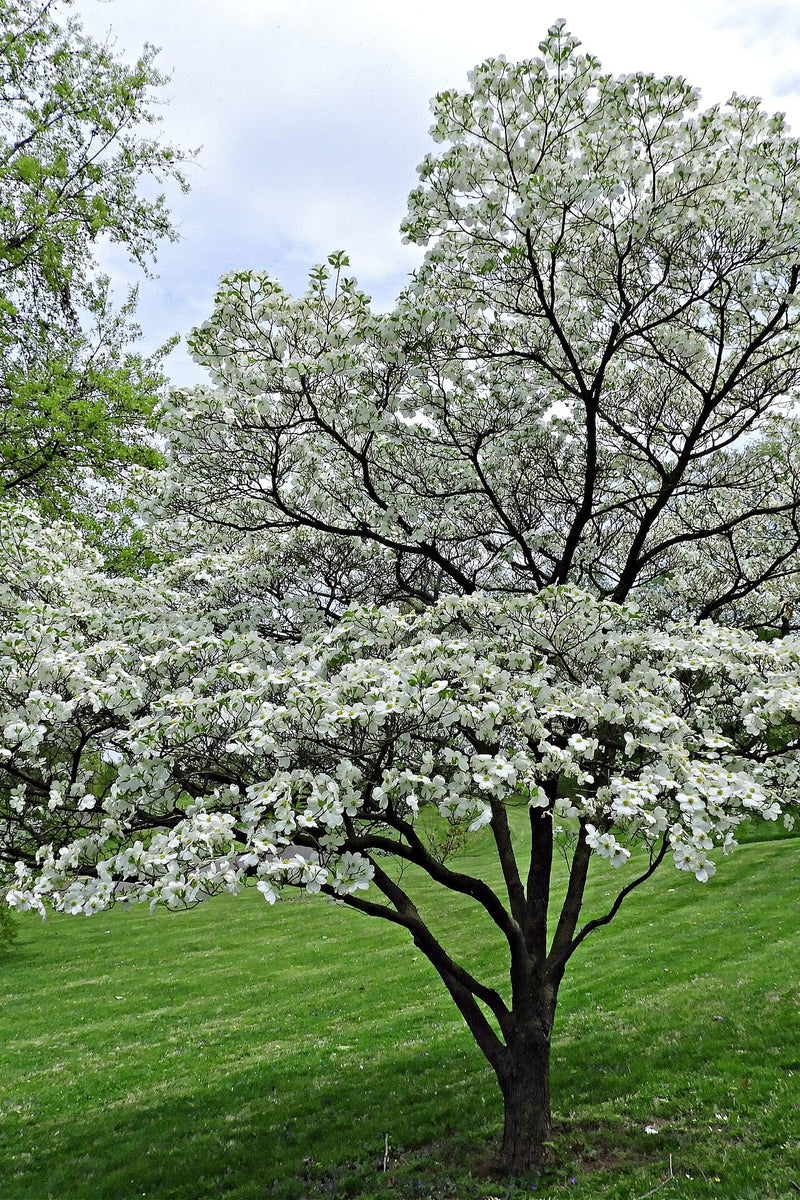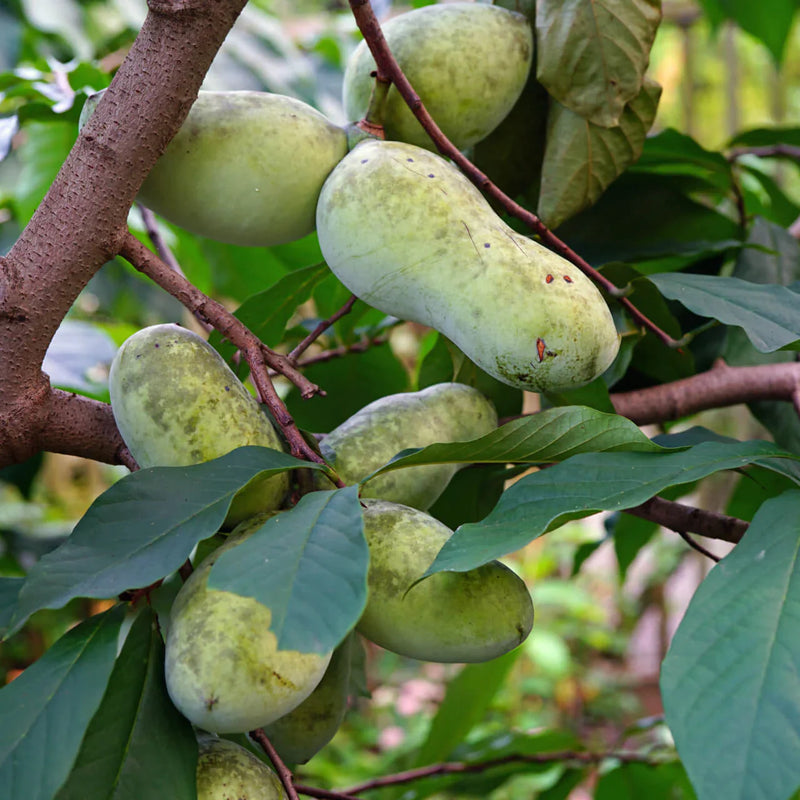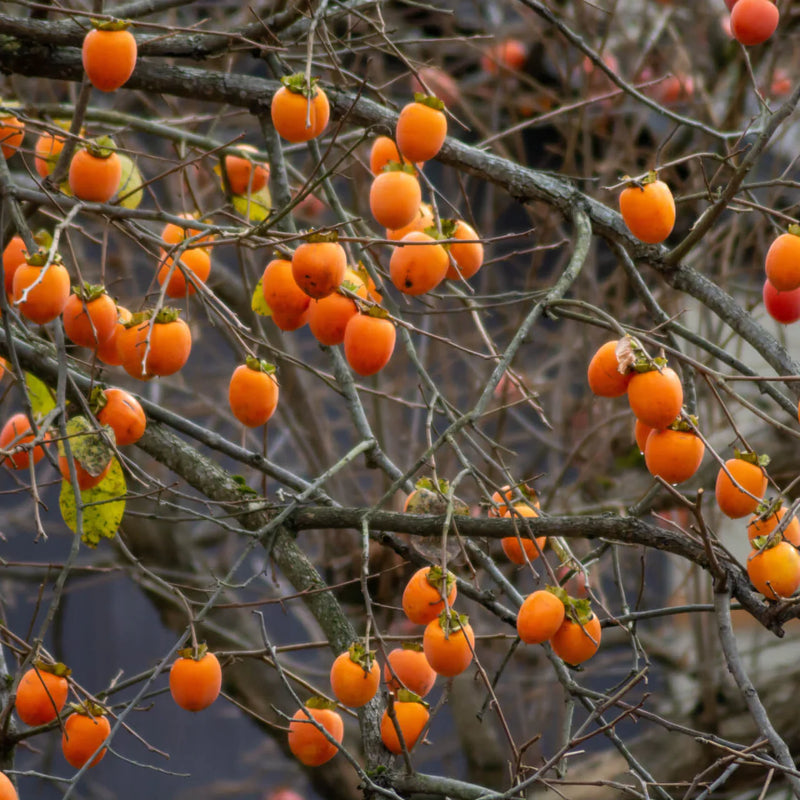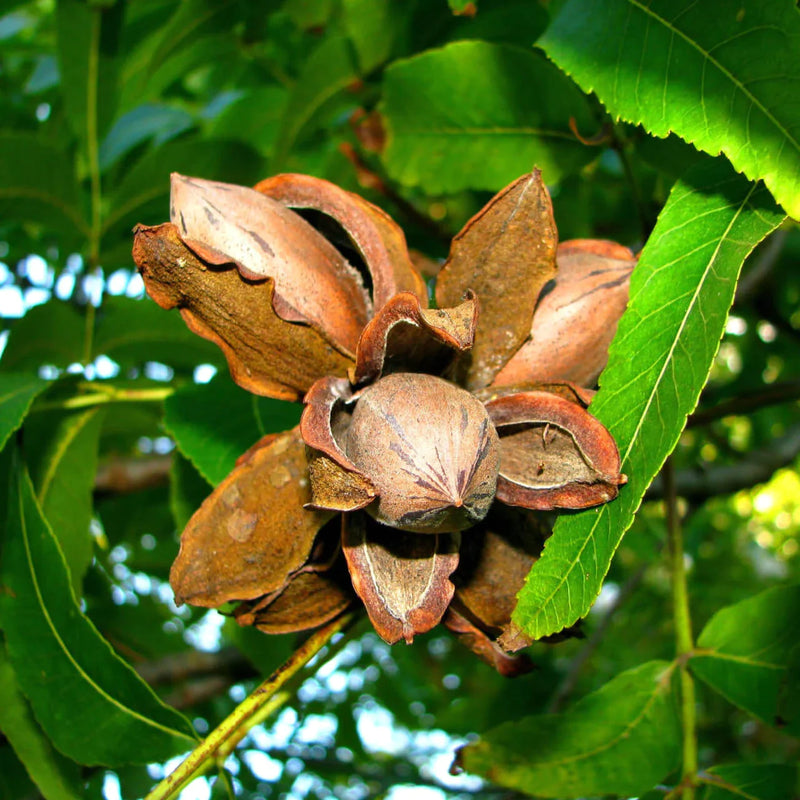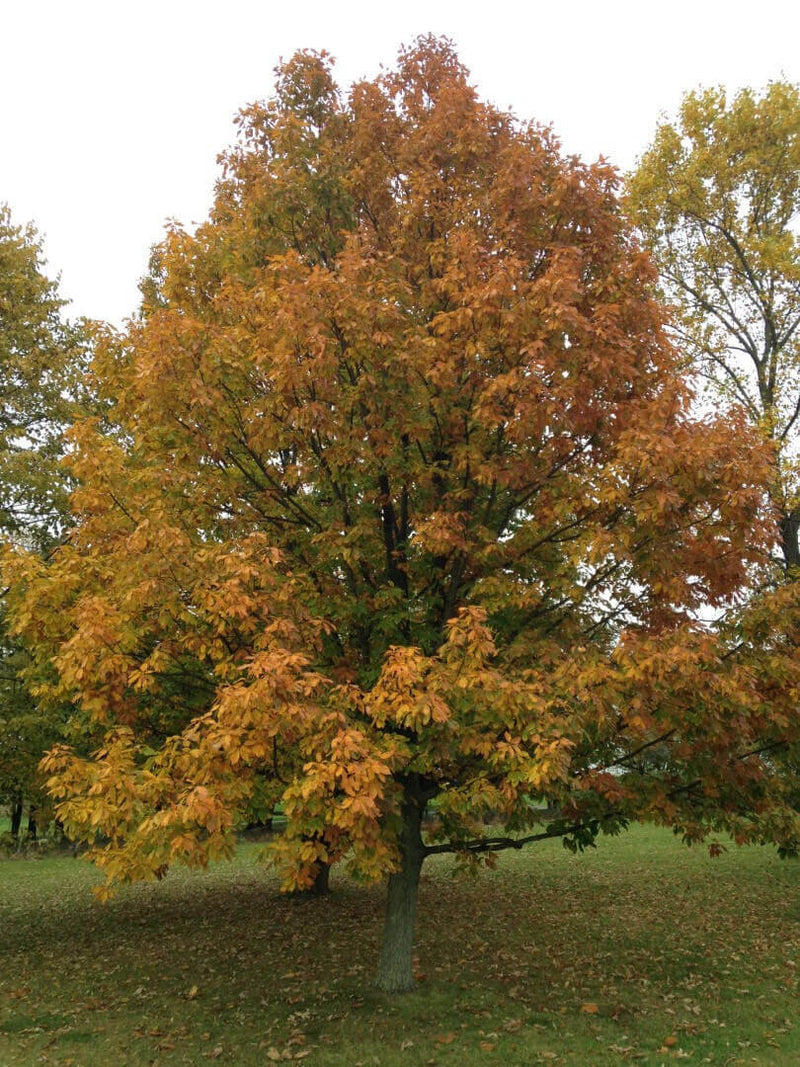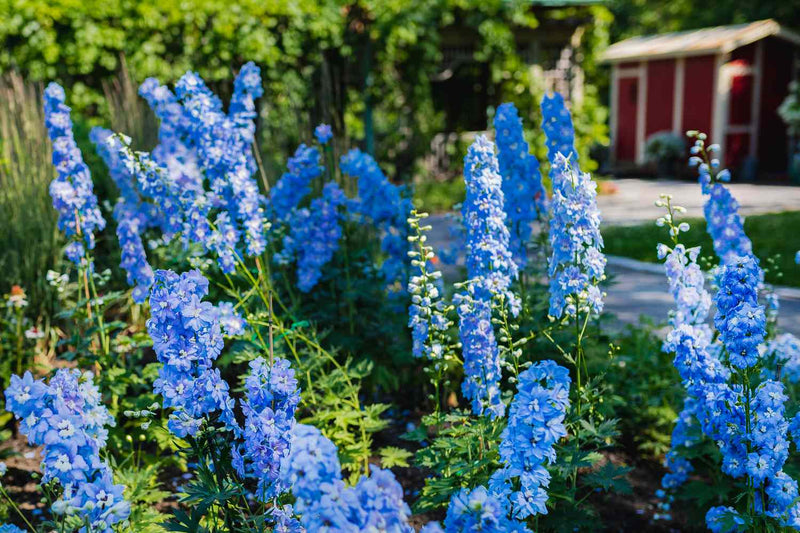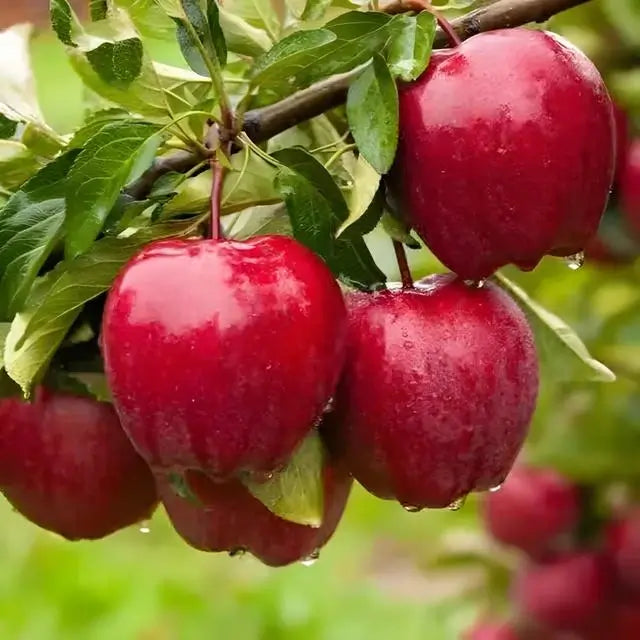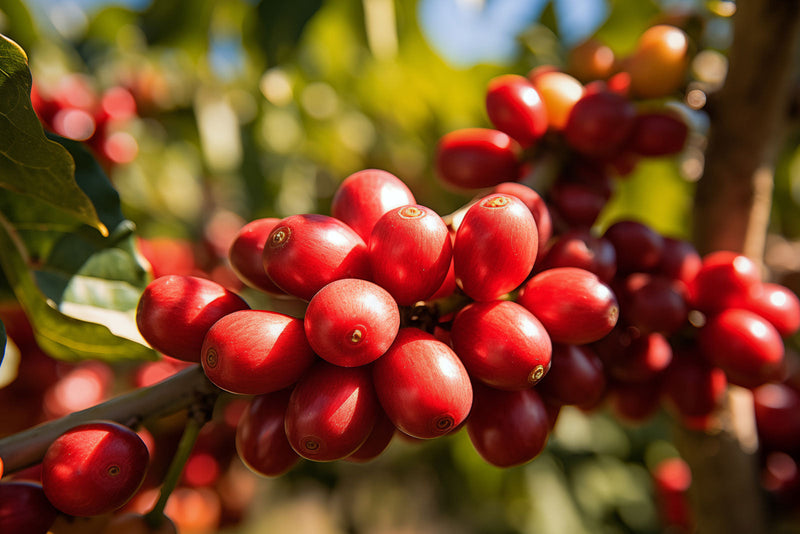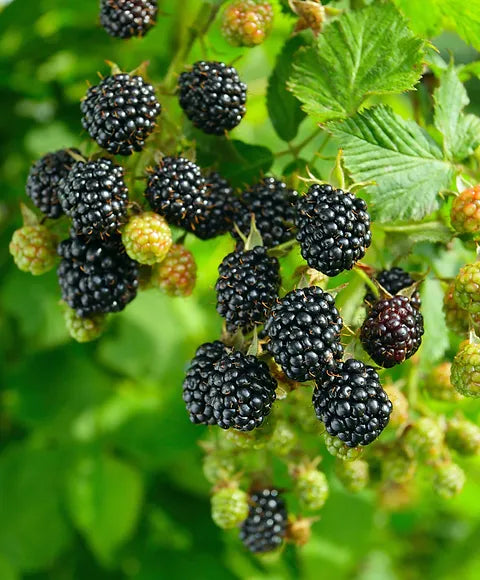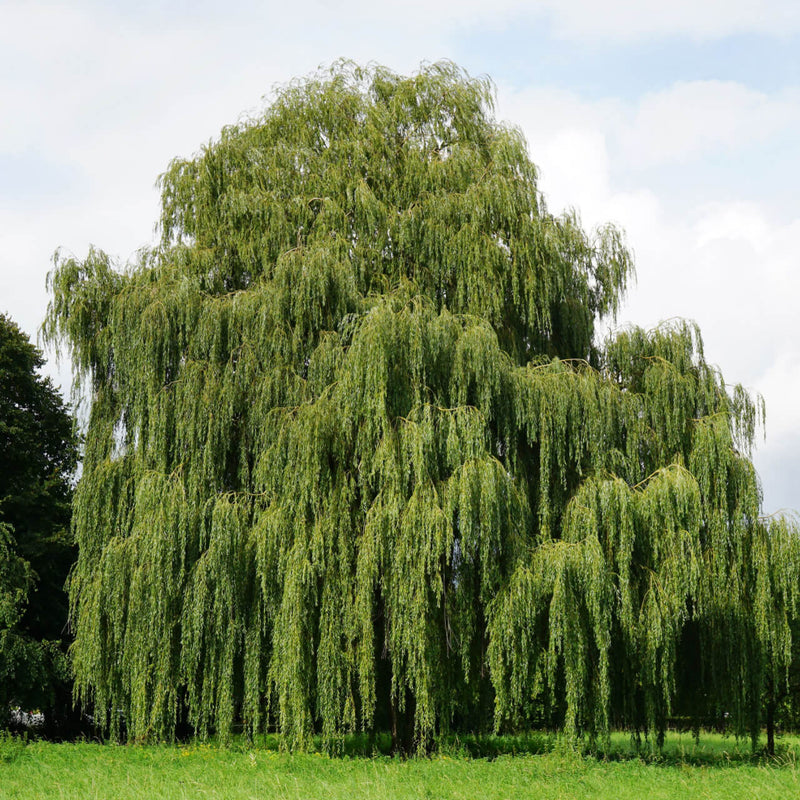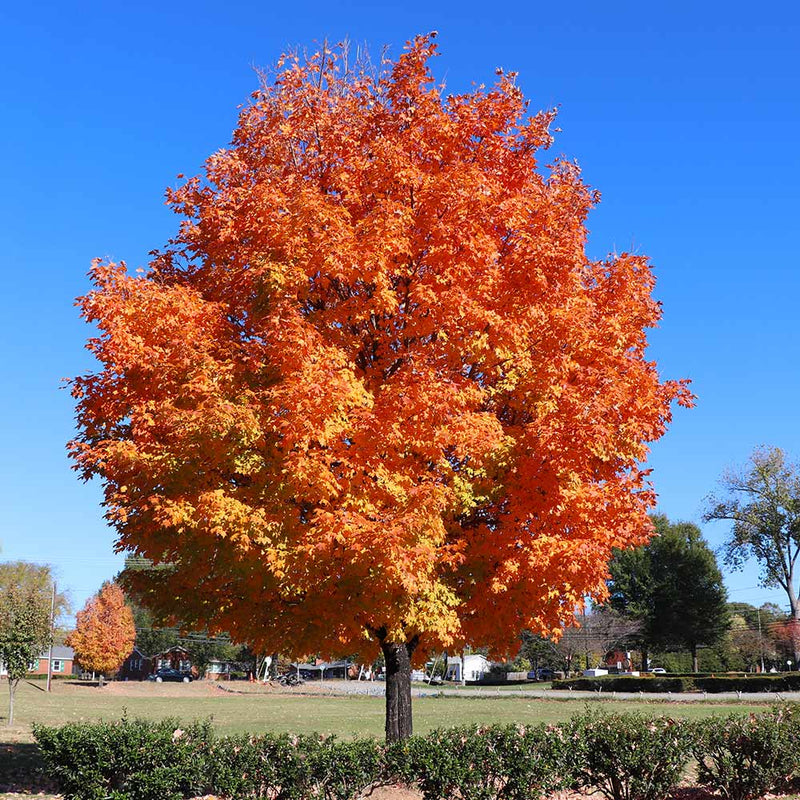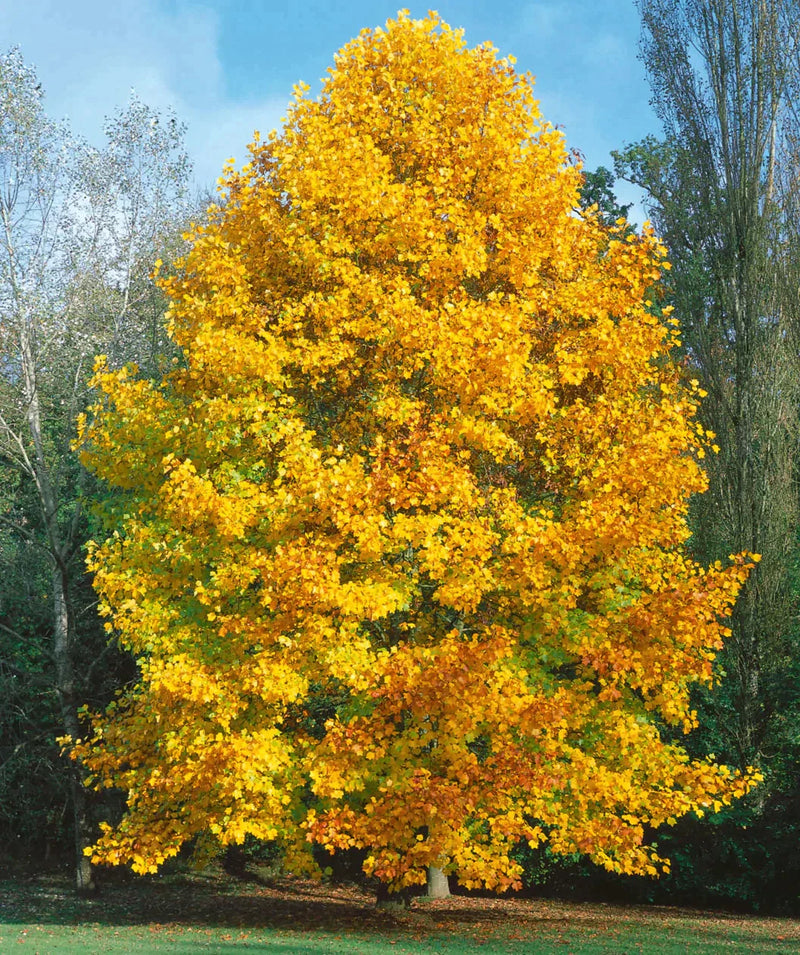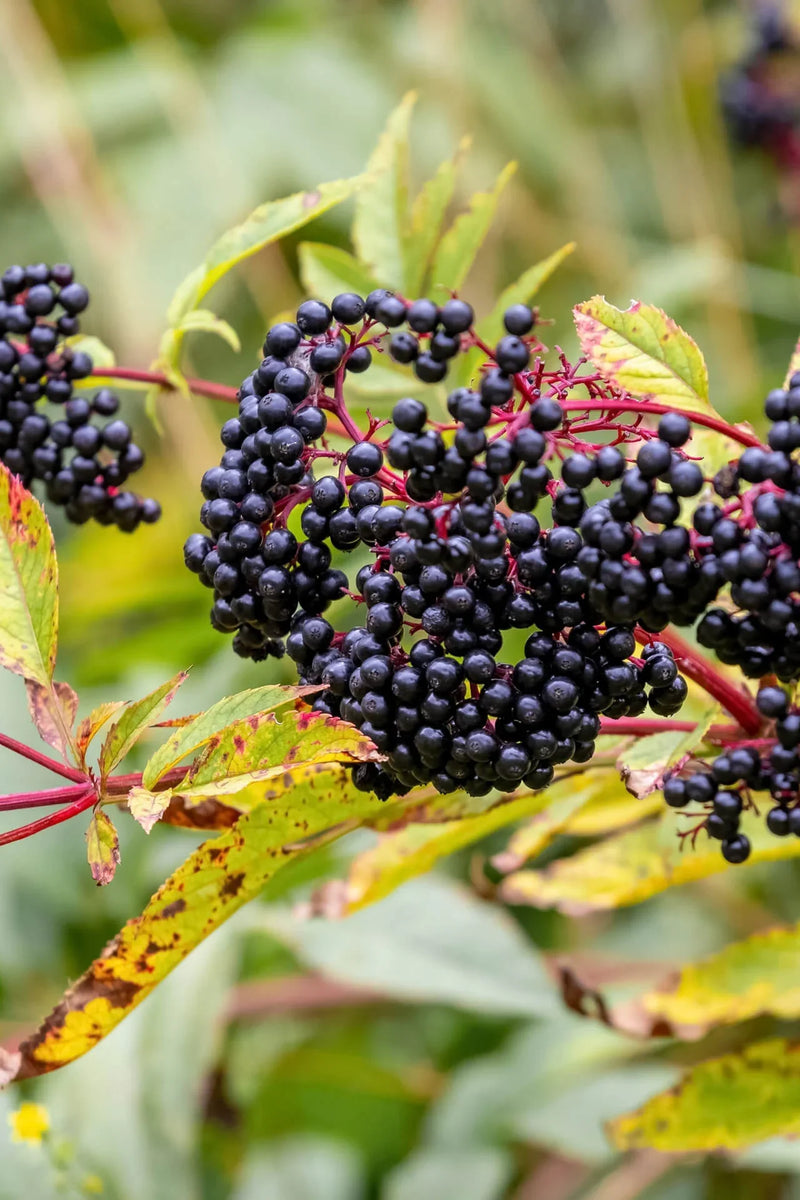10 Effective Natural Pesticides to Safeguard Your Plants
While chemical pesticides are commonly used, they can harm the environment and human health. Fortunately, numerous natural alternatives can effectively protect your plants from pests without causing harm. In this article, we will delve into ten natural pesticides you can utilize to ensure the well-being of your beloved plants.
Neem Oil
Neem oil is a powerful natural pesticide. Neem oil not only repels a wide variety of pests but also has antifungal properties. Mix neem oil with water and a small amount of liquid soap to create an emulsion. Spray this solution on your plants to deter pests and control fungal infections.
Diatomaceous Earth
Diatomaceous It works by physically damaging the exoskeletons of insects, leading to dehydration and death. Diatomaceous earth is particularly effective against crawling insects like ants, cockroaches, and slugs. Sprinkle a thin layer near the base of your plants or directly on the leaves to create a barrier against pests.
Garlic and Chili Pepper Spray
A homemade garlic and chili pepper spray is an excellent natural pesticide for repelling various insects. Both garlic and chili peppers contain compounds that deter pests due to their pungent odors and flavors. To create the spray, blend a few cloves of garlic and some chili peppers with water. Strain the mixture and dilute it with water before spraying it on your plants. To ensure your plants can tolerate the solution, remember to test a small area first.
Soap Spray
A simple soap spray can be highly effective against soft-bodied insects like aphids, mealybugs, and spider mites. The soap disrupts the insects' cell membranes, causing them to dehydrate and die. Make sure to avoid using harsh soaps that could harm your plants.
Oil Sprays
Horticultural oils, such as neem and mineral oils, can suffocate insects by coating their bodies and blocking their airways. These oils are effective against various pests, including scales, mites, and whiteflies. Dilute the oil with water and spray it onto your plants according to the instructions. Be cautious when using oil sprays during hot weather, as they can cause sunburn on your plants' leaves.
Pyrethrin
Pyrethrin is a natural insecticide that targets a broad spectrum of insects. It affects the nervous system of pests, leading to paralysis and eventual death. Pyrethrin is relatively safe for humans and animals when used as directed. It's available in various formulations, including sprays and dust, and can effectively control pests like mosquitoes, flies, and beetles.
Companion Planting
Companion planting involves growing plants near each other to repel pests or attract beneficial insects. For instance, marigolds emit a scent that repels aphids and nematodes while attracting pollinators. Nasturtiums can deter whiteflies and squash bugs. Planting garlic and onions near roses can help prevent aphids. Research companion planting combinations that suit your garden and its specific pest challenges.
Coffee Grounds
Used coffee grounds can be recycled as a natural pest deterrent. They contain compounds that repel snails, slugs, and even ants. Spread a layer of coffee grounds near your plants to create a barrier that pests are less likely to cross. Additionally, the settings can act as a natural fertilizer as they break down over time.
Vinegar Solution
Vinegar, particularly apple cider vinegar, can be a natural pesticide against specific pests. A diluted vinegar solution can help control ants, aphids, and fruit flies. Mix equal water and vinegar and spray it directly on the problems. However, be cautious when using vinegar on plants, as it can harm delicate foliage. Please test a small area first to ensure your plants can tolerate it.
This simple yet effective solution offers a non-toxic alternative to chemical pesticides, making it an attractive option for indoor and outdoor pest control. Vinegar, a common household item, contains acetic acid, which disrupts the pests' sensory signals, leading to confusion and deterrence. This diluted mixture minimizes the potential harm to plants and surfaces while retaining its pest-repelling properties.
Ants are social insects that leave scent trails to communicate with their colony members. The acetic acid in vinegar interferes with these trails, disrupting their ability to find food sources. Spraying the diluted vinegar solution along ant trails and entry points can discourage movement and eventually redirect their activity away from your living spaces. Aphids, tiny insects that feed on plant sap, can wreak havoc on gardens and indoor plants.
The diluted vinegar solution is a natural deterrent, creating an unfavorable environment for aphids
When applied directly to infested plants, the solution helps eliminate these pests while preventing new infestations. Be cautious when using the key on delicate or sensitive plants, as vinegar's acidity could harm them. Fruit flies, drawn to overripe and decaying fruits, can be exceptionally bothersome in kitchens and dining areas.
The diluted vinegar solution serves as a trap by using the scent to lure fruit flies into a container. Placing a small solution dish with a drop of dish soap near the affected area can attract and trap these flies effectively. In significant pest problems, other integrated pest management strategies might be necessary alongside vinegar-based solutions.
Rotation of control methods and maintaining cleanliness are critical components of successful pest management. A diluted vinegar solution offers a practical and non-toxic approach to controlling ants, aphids, and fruit flies. By leveraging vinegar's acetic acid properties, you can create an environment that deters these pests from invading your living spaces and damaging your plants.
Baking Soda
Baking soda can serve as a natural fungicide. It creates an alkaline environment that inhibits the growth of fungal spores. Mixing baking soda with water and a small amount of soap can help prevent and control fungal diseases like powdery mildew. Spray this solution on your plants, focusing on the areas most susceptible to fungal infections.
Protecting your plants from pests and diseases can sometimes require chemical pesticides
These ten natural alternatives offer effective, eco-friendly solutions to keep your plants healthy and thriving. Integrating these methods into your gardening routine, from neem oil to companion planting, can contribute to a vibrant and pest-resistant garden or indoor plant collection. Always test any solution on a small portion of your plants before applying it more broadly, as some plants may be more sensitive to specific treatments.


